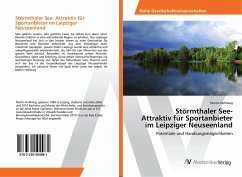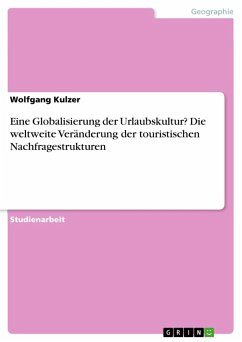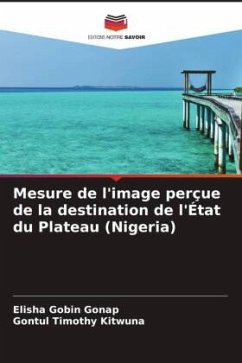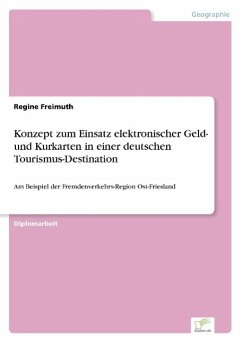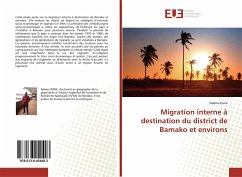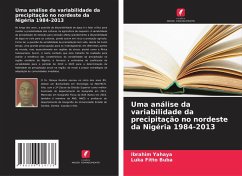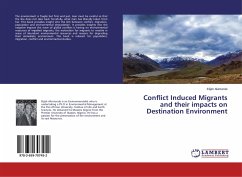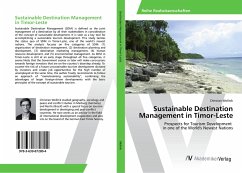
Sustainable Destination Management in Timor-Leste
Prospects for Tourism Development in one of the World's Newest Nations
Versandkostenfrei!
Versandfertig in 6-10 Tagen
71,90 €
inkl. MwSt.

PAYBACK Punkte
0 °P sammeln!
Sustainable Destination Management (SDM) is defined as the joint management of a destination by all their stakeholders in consideration of the concept of sustainable development. It is seen as a key tool for accomplishing a sustainable tourism development. This study tackles the status quo of SDM in Timor-Leste, one of the world's newest nations. The analysis focuses on five categories of SDM: (1) organization of destination management, (2) destination planning and development, (3) destination marketing management, (4) human resource development, and (5) environmental management. As SDM in Tim...
Sustainable Destination Management (SDM) is defined as the joint management of a destination by all their stakeholders in consideration of the concept of sustainable development. It is seen as a key tool for accomplishing a sustainable tourism development. This study tackles the status quo of SDM in Timor-Leste, one of the world's newest nations. The analysis focuses on five categories of SDM: (1) organization of destination management, (2) destination planning and development, (3) destination marketing management, (4) human resource development, and (5) environmental management. As SDM in Timor-Leste is still at an early stage throughout all five categories, it seems likely that the Government sooner or later will make concessions towards foreign investors that are on the country's doorstep already. To counter the risk of a future unsustainable tourism development dictated by investors and create job opportunities for the high number of unemployed at the same time, the author finally recommends to follow an approach of "mainstreaming sustainability", combining the advantages of larger foreign-driven developments with the basic principles of the concept of sustainable tourism.



